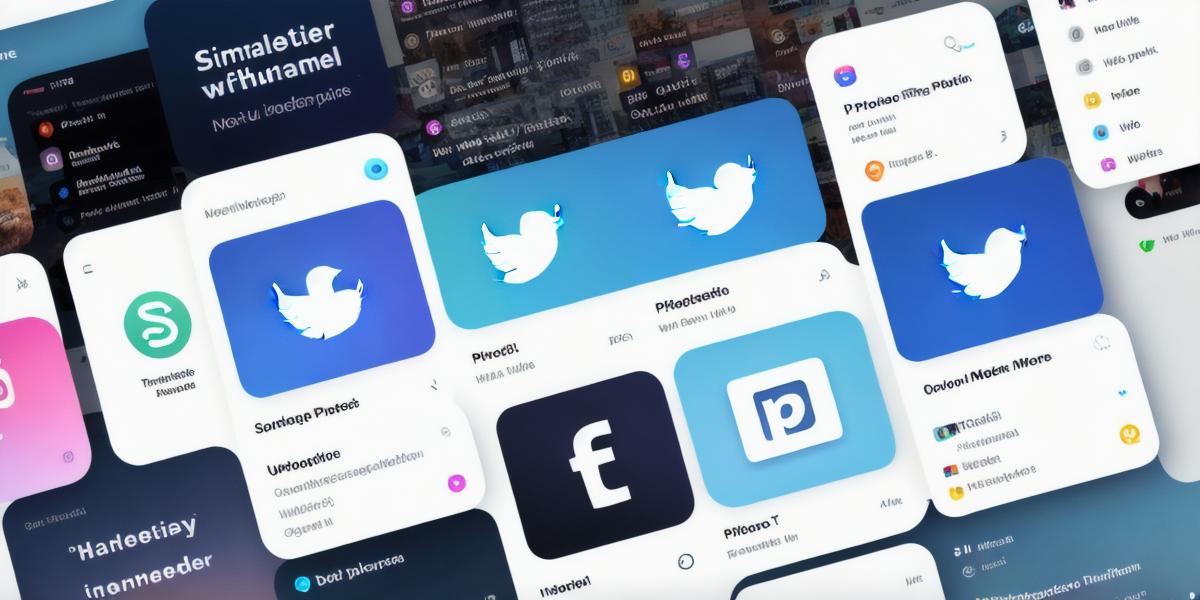Web3 platforms are revolutionizing social media, providing a decentralized and secure way for users to interact with each other and share content. These platforms offer a level of privacy and control that is unmatched by traditional social media networks, which have faced criticism for their handling of user data and the spread of misinformation.
One of the main advantages of Web3 platforms is their use of blockchain technology. This allows for secure and transparent transactions, as well as decentralized storage of user data. By eliminating central authorities, Web3 platforms provide a level of security and privacy that is unmatched by traditional social media networks.
Web3 platforms also offer a level of control for users that is not possible with traditional social media networks. Users have the ability to choose which data they share and who has access to it. This allows for more personalized and targeted interactions, as well as greater control over one’s online presence.
There are many real-life examples of Web3 platforms in action. One popular example is Decentraland, a virtual reality platform that uses blockchain technology to provide a secure and decentralized way for users to interact with each other and share content. Another example is Mintable, an NFT marketplace that allows creators to mint and sell unique digital assets on a decentralized platform.

Web3 platforms also offer the potential for greater interoperability between different social media networks. By using standard protocols and APIs, Web3 platforms can communicate with each other, allowing for seamless integration and data sharing. This could lead to a more connected and integrated social media ecosystem.
Despite their many advantages, Web3 platforms still face challenges. One of the main challenges is scalability, as these platforms need to be able to handle a large number of users without compromising performance. Another challenge is regulatory uncertainty, as different countries have different approaches to regulating blockchain technology and decentralized platforms.
In conclusion, Web3 platforms are revolutionizing social media by providing a decentralized and secure way for users to interact with each other and share content. These platforms offer a level of privacy and control that is unmatched by traditional social media networks, as well as the potential for greater interoperability between different platforms. While they still face challenges, Web3 platforms have the potential to transform the way we use social media in the future.
